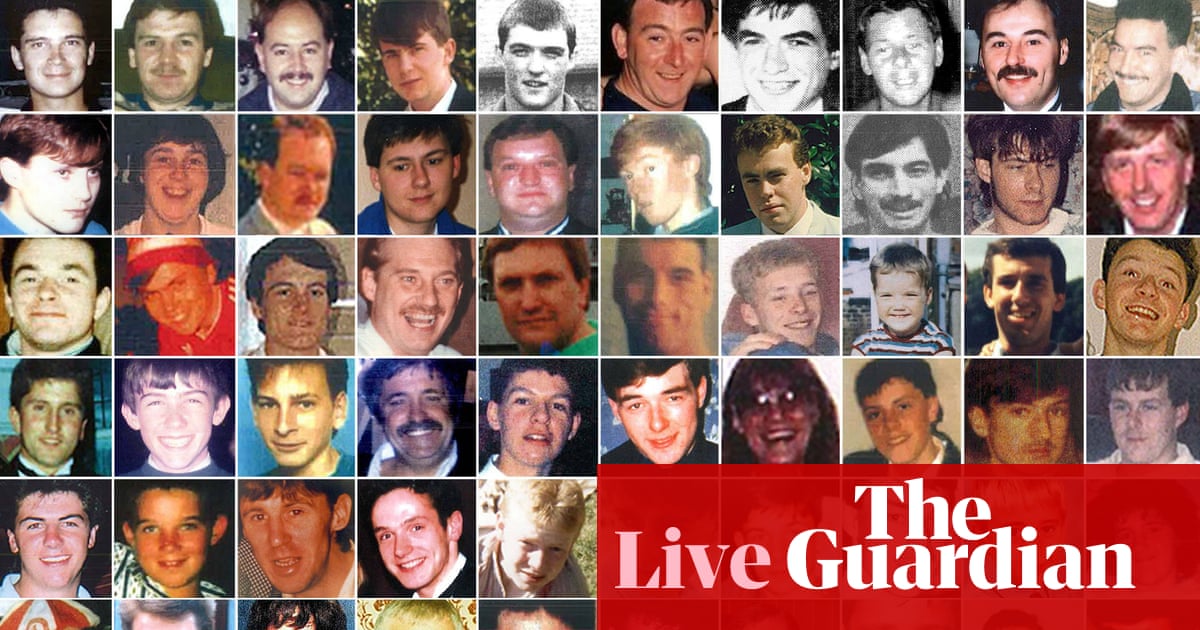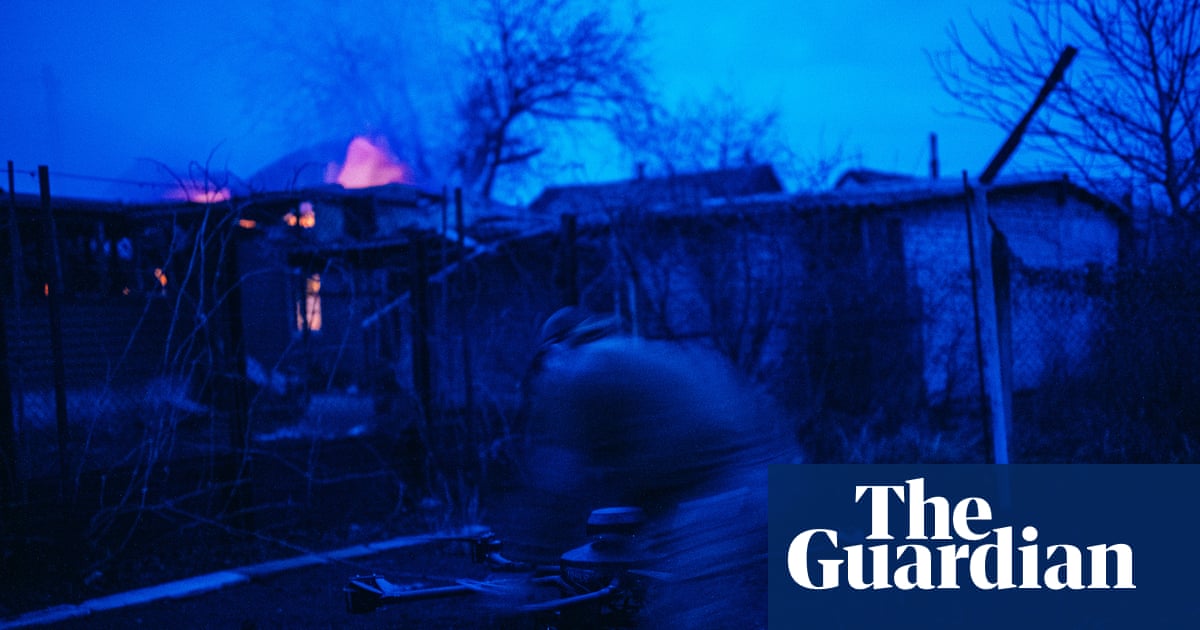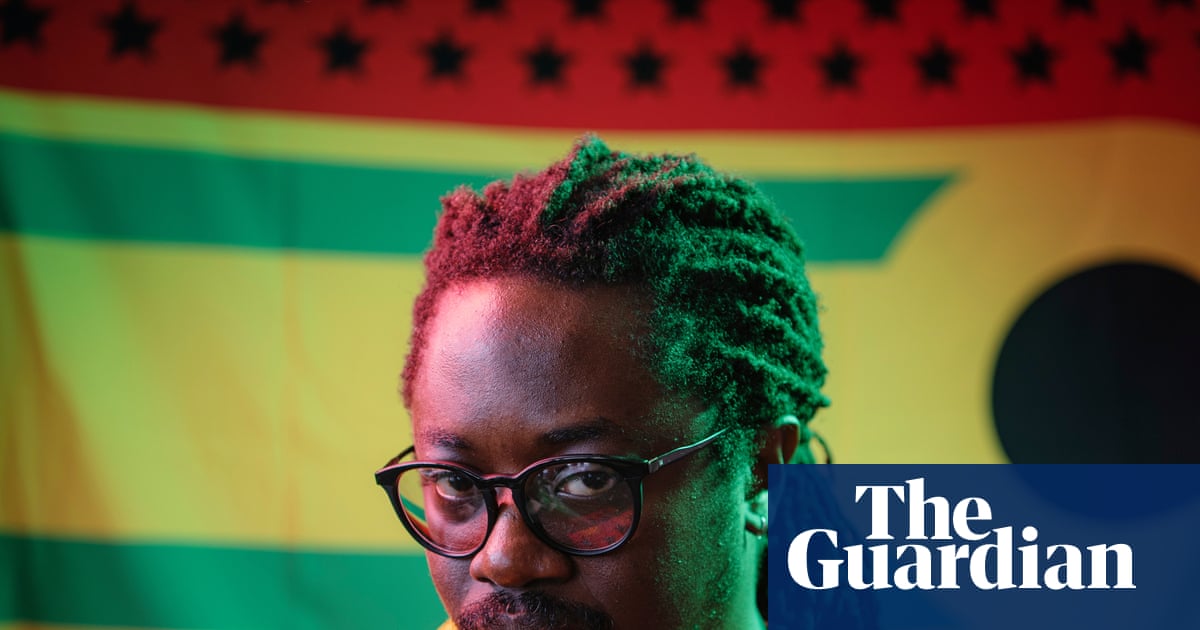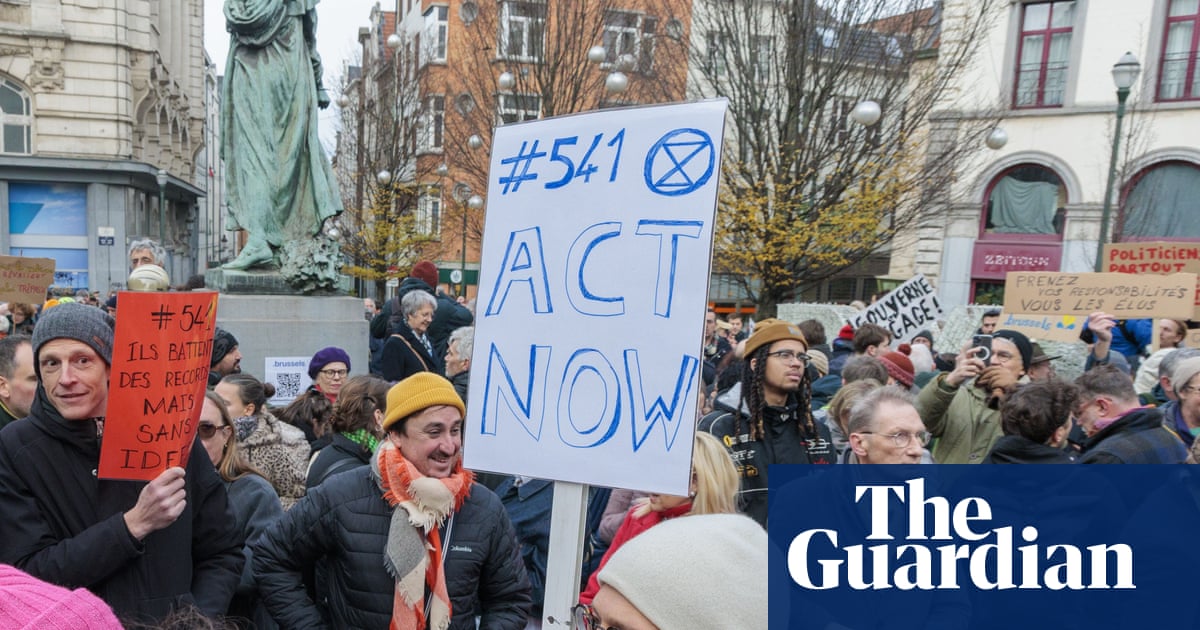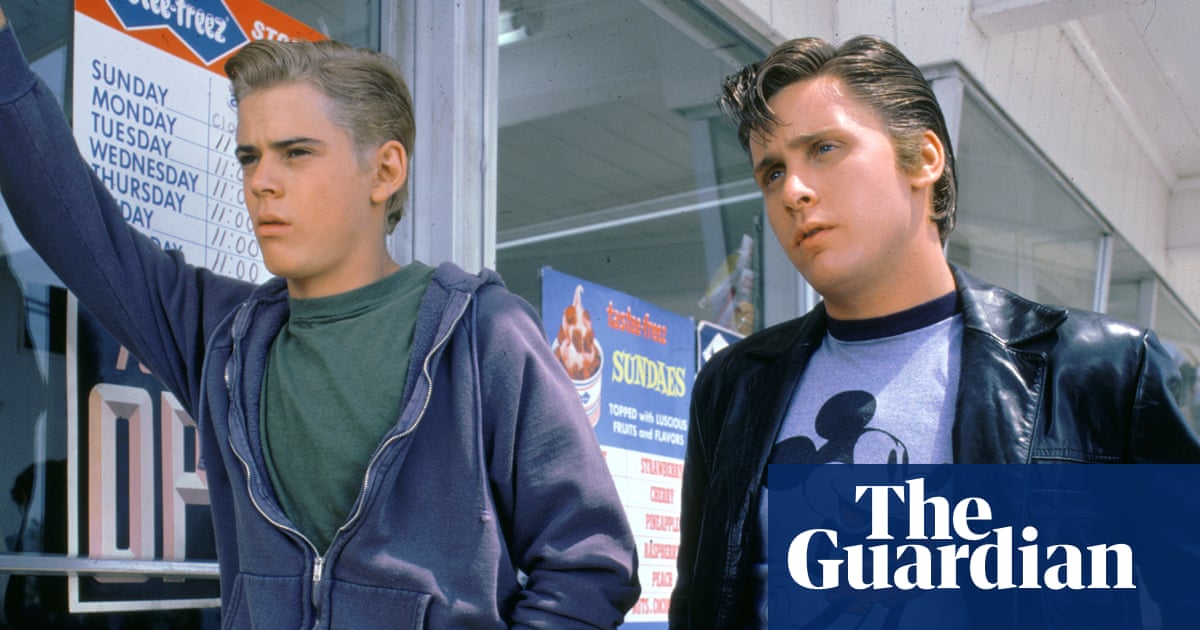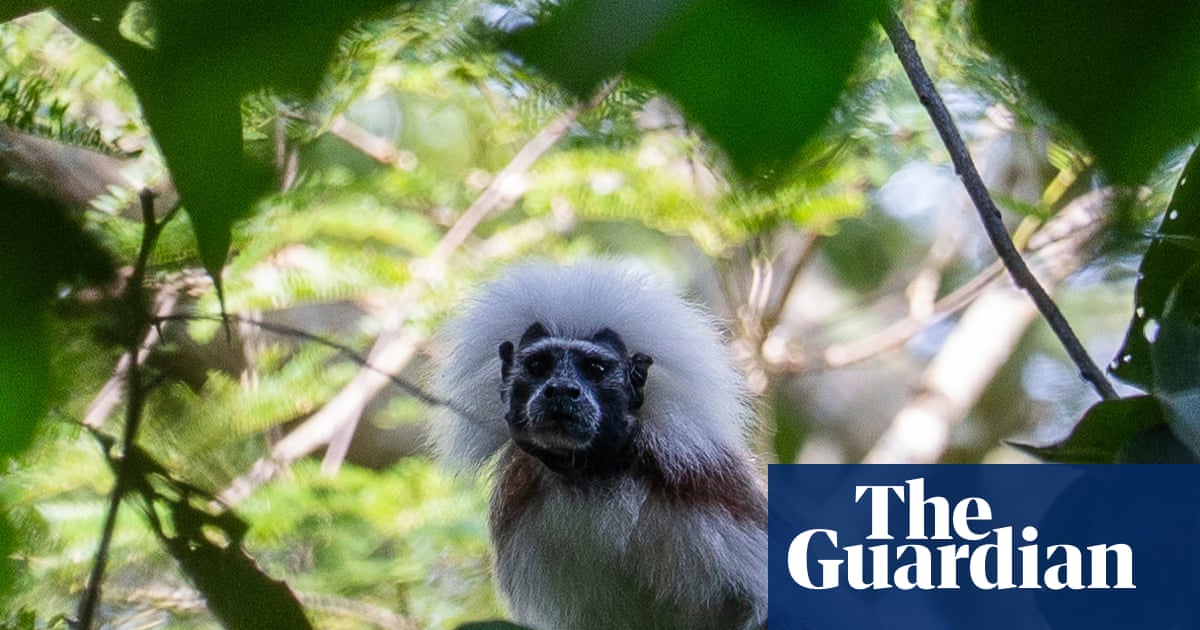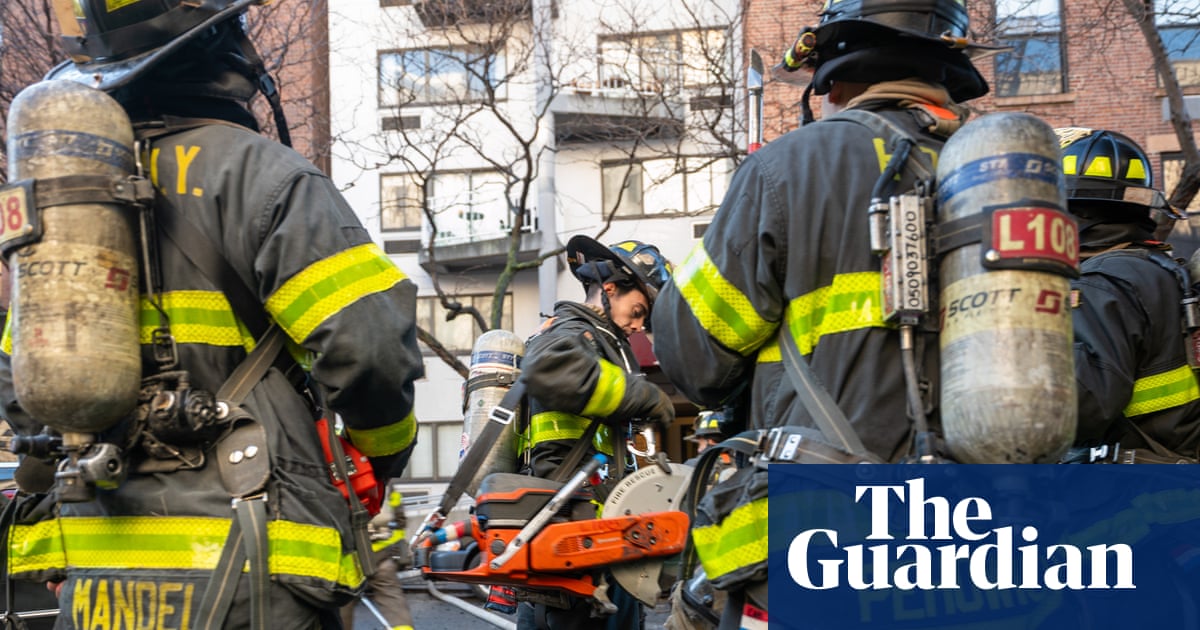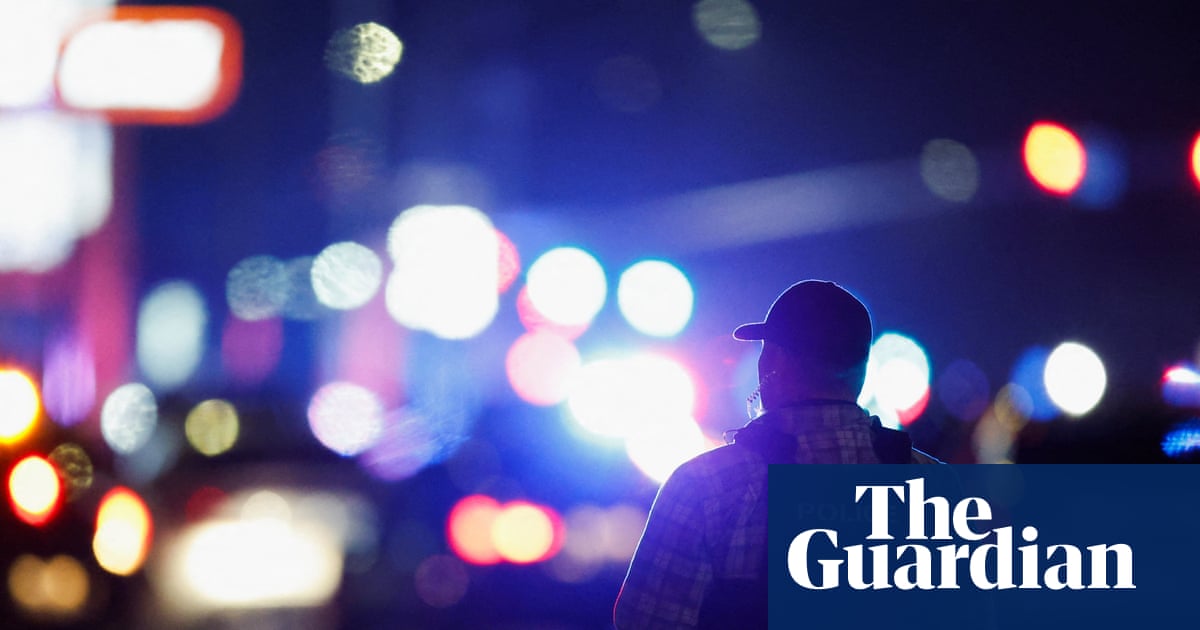A woman who died after refusing chemotherapy doctors believed would have given her a strong chance of recovery was “adversely influenced” by her conspiracy theorist mother, a coroner has said.
Paloma Shemirani died aged 23 in July 2024 after refusing conventional treatment for non-Hodgkin lymphoma. On Thursday, the coroner in her inquest said the influence of her parents, Kay and Faramarz Shemirani, “more than minimally” contributed to her death.
“It seems that if Paloma had been supported and encouraged to accept her diagnosis and considered chemotherapy with an open mind she probably would have followed that course,” Catherine Wood told a hearing at Kent and Medway coroner’s court in Maidstone.
She said Kay Shemirani “took a leading role in advising Paloma in respect of and facilitating access to alternative treatments”. She added: “If approached with an open mind, Paloma would have chosen the chance to survive, and if she had undergone chemotherapy she probably would have survived.”
An NHS doctor told the inquest into Paloma Shemirani’s death she was concerned her mother, Kay, better known as the online influencer Kate Shemirani, influenced her daughter’s refusal of cancer treatment.
Arunodaya Mohan, a consultant haematologist at Maidstone hospital, said she had recommended steroids and a PET (positron emission tomography) scan, and that Paloma had “nodded in agreement”.
At the time of her diagnosis, doctors at Maidstone hospital told Paloma she had an 80% chance of recovery through chemotherapy.
The doctor said she spoke to Kay on the phone, saying she expressed several “concerns” about the proposed treatment. Alison Hewitt, counsel to the inquest at Oakwood House in Maidstone, Kent, asked: “Were there concerns that Ms Shemirani was influencing Paloma?” Mohan replied: “That’s right.” Paloma later declined to have the treatment. And, when Mohan asked why, there did not seem to be a specific reason, the inquest heard.
Asked if she had questioned Paloma on whether her decision was influenced by anyone, Mohan said: “She was very confident that it was her own decision and she was not influenced.”
After graduating from Cambridge, Paloma was working and living in a flat with a housemate and was “estranged” from her mother until her cancer diagnosis.
Paloma went to live with her mother after leaving hospital. Asked if there was a change in Paloma’s attitude after her discharge, Mohan told the court: “Yes, I was quite concerned because at the time of the hospital she had not declined chemotherapy, she was just thinking about it, but after discharge she completely discharged the treatment, which I was quite disappointed about.”

Using the name Kate Shemirani, Kay rose to prominence on social media while sharing Covid-19 conspiracy theories. She was struck off as a nurse in 2021, with a Nursing and Midwifery Council (NMC) committee finding that she had spread Covid-19 misinformation that “put the public at a significant risk of harm”.
In written statements submitted to the family division of the high court in spring 2024, Paloma said she had declined chemotherapy partly because of her “background in natural healing”, the inquest heard previously.
The statements were written as part of proceedings initiated by her twin brother, Gabriel, and involving the Maidstone and Tunbridge Wells NHS trust, in which he sought an assessment of the appropriateness of her care options. Paloma died before they could conclude.
Paloma wrote: “If I became ill, I’ve always turned to my mum first for advice as she is a trained nurse and qualified nutritionist.” The inquest heard that Paloma told the high court she was “delighted” with the alternative treatment she was pursuing, and was “sure” she would “make a full recovery” if left to continue it.
The inquest heard the forensic psychiatrist Ali Ajaz spent seven sessions with Paloma on the recommendation of her mother, with whom he had a professional relationship. The doctor had appeared on Kay’s podcast as a medical expert three times, and she had referred multiple patients to him.
Gabriel said his mother had “sacrificed” his sister “for her own principles”. He told the inquest: “I blame my mother entirely for my sister’s death” – for “obstructing” his sister from receiving treatment.
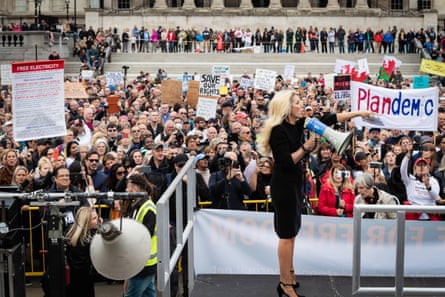
“I believe that she sacrificed Paloma’s life for her own principles, I believe that she should be held accountable for Paloma’s death,” he said.
Kay claimed during the inquest proceedings that her daughter’s death had been caused by gross negligence manslaughter from medical staff, claiming she had “deteriorated catastrophically” when paramedics intervened.
She said her daughter had been “well” on the morning she collapsed, telling the court: “She looks healthy and good colour … she was smiling and laughing.”
After the collapse, Kay did not immediately call an ambulance, but called a friend instead, who then called the emergency services while they initiated CPR.
On the 999 call played to the court, Kay was heard shouting: “She’s dying.” Despite this, she told the court “everything went horribly wrong” after the paramedics arrived.
Paloma was taken to Royal Sussex County hospital in Brighton on a ventilator, and brain stem death was declared on the afternoon of 24 July 2024 after a series of nationally advised medical checks.
Reading a prepared witness statement, Kay accused the inquest of “attempting to shift focus” from the “real” cause of Paloma’s death. “Any attempt to place responsibility on me is false – the people who need to be answering are those who failed to confirm diagnosis, administered drugs without her consent which could have damaged her heart.”

 2 months ago
89
2 months ago
89
